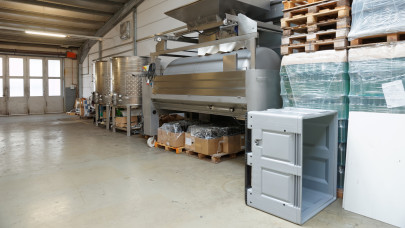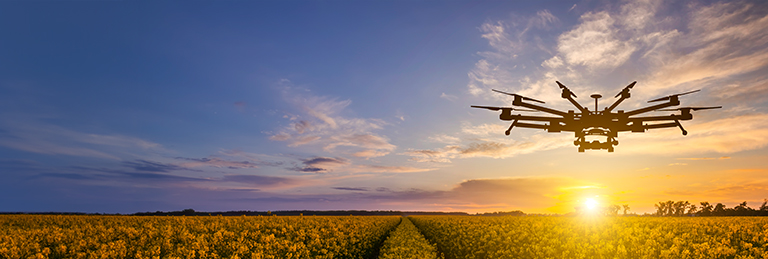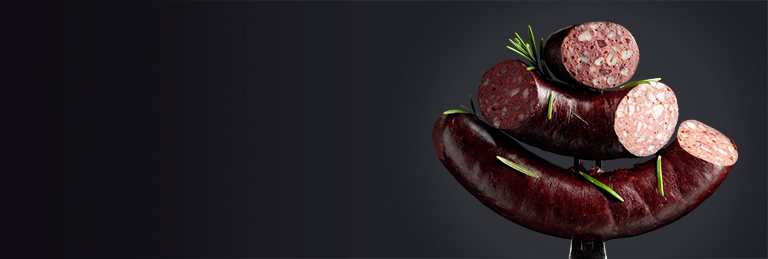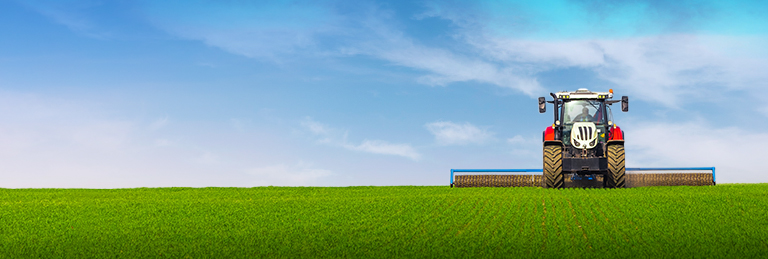He's Finland's largest piglet producer and also a customer and partner of many years to Lower Saxon farming house supplier WEDA Dammann & Westerkamp. The Finn has developed a special concept for keeping pigs with non-docked tails. His practice is successful to the point that his farm was recently selected by the European Commission as an exemplary husbandry operation for long-tailed pigs.
Timo Heikkilä's farm with 3,500 sows, 6,000 piglets (between 7 and 30 kilograms) on the flat deck and 1,200 gilts (between 30 and 140 kilograms) is located in Rusko in the south-west of Finland, 200 kilometers west of Helsinki. “Here in Finland, docking tails has been banned since 11 November 2002. Still, we started keeping long-tailed pigs in January 2003,” Heikkilä reported. And his results are proof that his approach is right: merely two percent of animals arrive at the slaughterhouse with damaged tails.
Eliminating stressors
“The main cause of tail-biting is stress,” emphasized Heikkilä. According to him, stress is caused by a number of factors: for instance, preventing animals from feeding at the same time. Also, the environmental control is often not adjusted properly, leading to poor ventilation or draft. “Another factor is a lack of material for activity or playing,” he added. “Simply by eliminating these stress factors, much can be achieved,” Heikkilä confirmed.
High-barley feed
Heikkilä therefore encourages pig farmers intending to switch to keeping long-tailed pigs, advising: “To reduce stress for animals, I recommend installing long troughs, meaning a 1:1 feeding place ratio. Also, animals are best supplied with a liquid feeding system.” Timo Heikkilä has been working successfully with WEDA liquid feeding for years. “This ensures my animals receive high-barley feed. I'm rather skeptical towards wheat, since it contains less crude fiber,” he reported.
Hygiene systems are essential
Timo Heikkilä exclusively feeds pelletized purchased compound feed. Pelletization prevents contamination of his animal stock with salmonella via the feed. Also, he uses acids for feeding. Not least, Heikkilä considers solid hygiene to be essential for liquid feeding: “Our system is equipped with the latest WEDA hygiene technology. It includes regular cleaning of tanks with UV light, rinsing the entire system with lye and cleaning the outlet pipes in the house.” This way, Heikkilä does not give germs and bacteria any chance to develop.
A favorable house climate
Another pillar of his concept is a favorable house climate. To achieve this, harmful gas pollution must be reduced. In Rusko, this is managed in three ways: by lowering ammonia levels, by channeling supply air directly to the pens and through a sealed-floor portion of two thirds. Especially the latter keeps down manure surfaces in the compartments.
Extra portion of straw to stimulate play instinct
For Timo Heikkilä, providing a sufficient amount of material for activity and play is vital: “We rely on straw, quite puristically – but it must be of good quality,” he stated. “As soon as we realize the animals start biting, we toss an extra quantity of straw into the pen. This distracts them and immediately motivates them to play.” Timo Heikkilä sees the installation of long troughs to avoid feeding competition among the animals as the first step in a successful transition to keeping long-tailed pigs. “In my experience, it is key to plan all measures ahead instead of only reacting once problems are already present,” Timo Heikkilä summarized, taking stock of his successful husbandry concept.








